#henri iii
Text
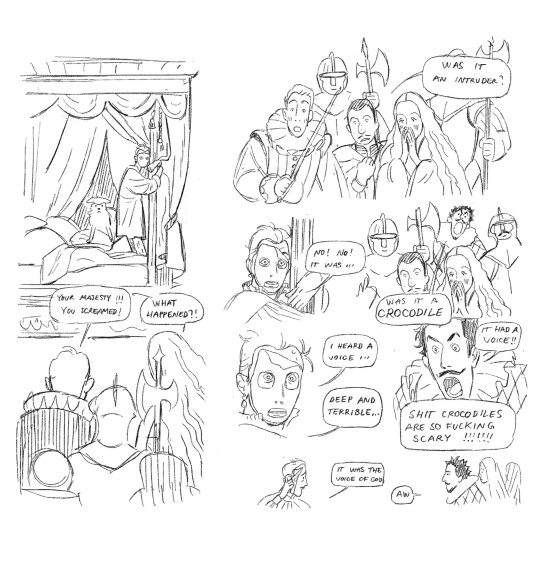


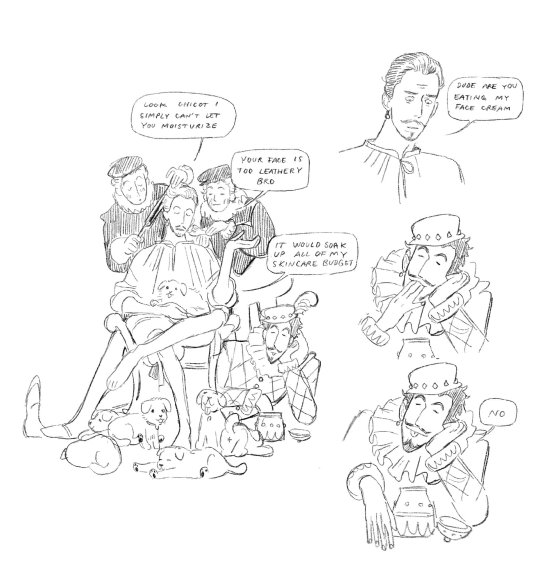
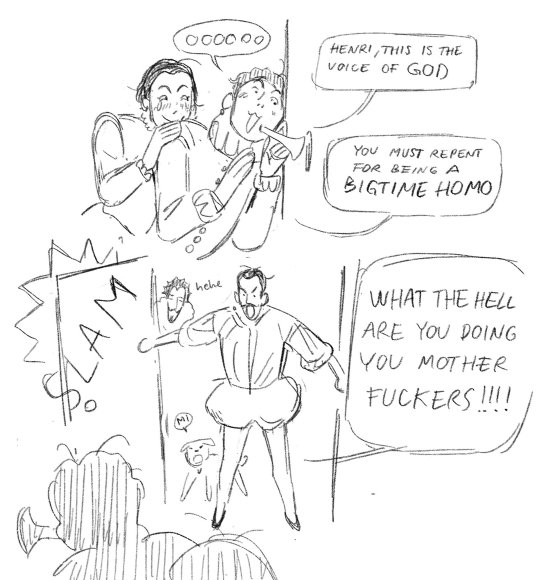
Silly stuff & memes from La Dame de Monsoreau chapters 1-12 :^D
#actual bits from the book mind you#la dame de monsoreau#alexandre dumas#trilogie des valois#henri III#louis de bussy d'Amboise#François d'Anjou#Chicot#remy le haudouin
1K notes
·
View notes
Text
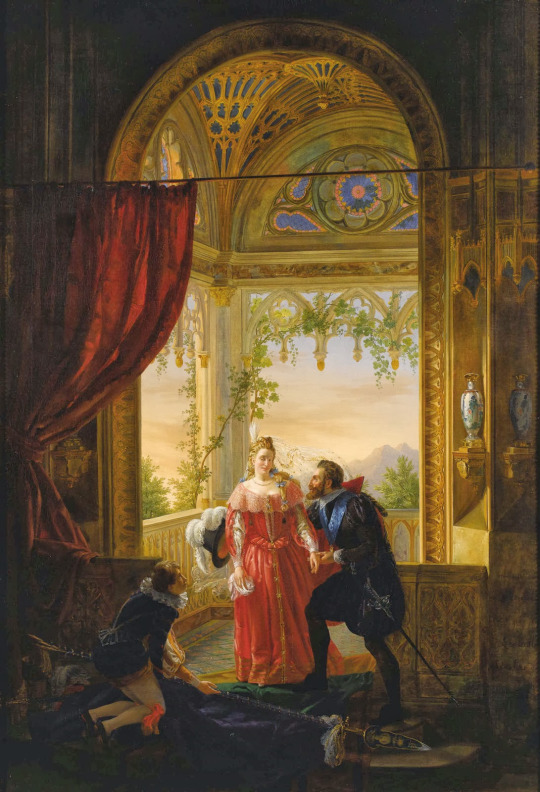
Henri IV with his Mistress by Louis-Nicolas Lemasle
#henri iv#art#louis nicolas lemasle#henry iv#king#france#french#henry of navarre#captured#flags#flag#standard#battle of coutras#troubadour#europe#european#history#diane d'andoins#countess of gramont#comtesse de gramont#architecture#countess de gramount#henry iii#navarre#henri iii#french religious wars#royal#huguenots#huguenot#royalty
62 notes
·
View notes
Text
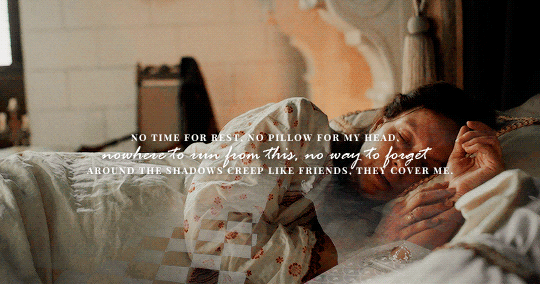
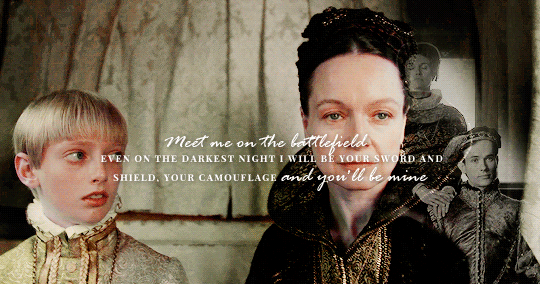
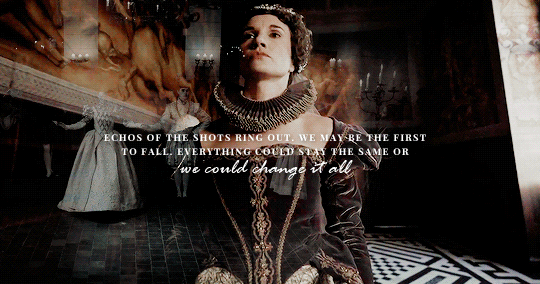
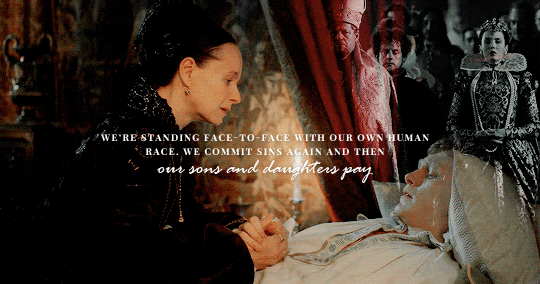
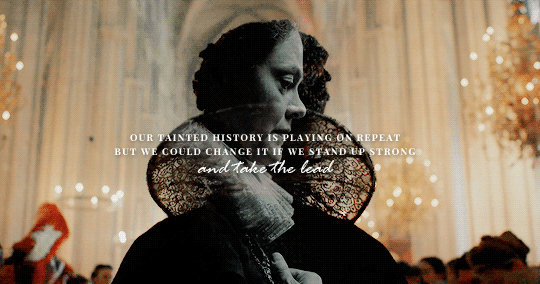
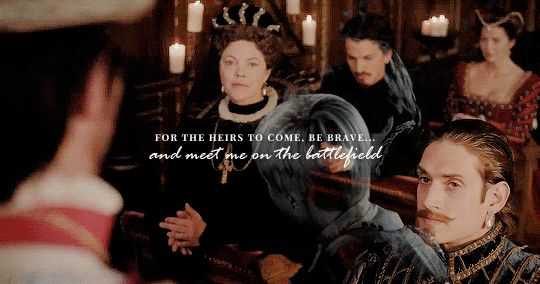
For the heirs to come, be brave…
And meet me on the battlefield.
#historyedit#theserpentqueenedit#perioddramaedit#catherine de medici#*mine#henri iii#charles ix#marguerite of france#francis ii#16th century
165 notes
·
View notes
Text

King Henry IV of France. By Frans Pourbus the Younger.
#frans pourbus#frans pourbus the younger#royaume de france#henri iv#roi de france#henri iii#roy de navarre#roi de france et de navarre#vive le roi#maison de bourbon#vert galant#kingdom of france#house of bourbon
24 notes
·
View notes
Text
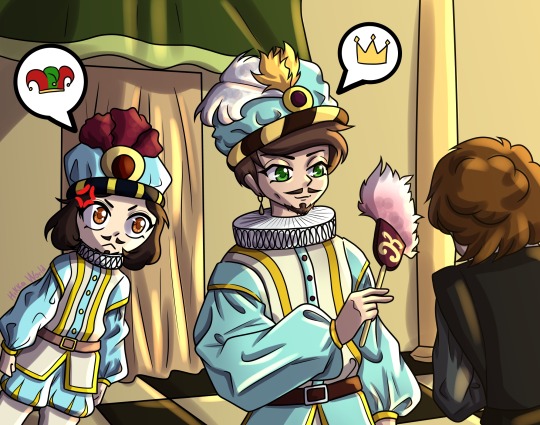
The King and the Jester.
I think I'm going to start my tumblr development with this art, where I made almost the very first scene of the book, when Chicot and Henri dressed alike for the ball.
#la dame de monsoreau#the countess de monsoreau#chicot the jester#alexandre dumas#trilogie des valois#Henri III#Chicot#books#artwork#digital art#art#artists on tumblr
9 notes
·
View notes
Text
Claude de Valois, Duchess of Lorraine
Claude of France, Duchess of Lorraine by Francois Clouet
With Claude de Valois, we have a unique example of a happy aristocratic marriage. Having grown up together at the French court, the couple knew each other and were compatible. A favorite of her mother, Queen Catherine de’Medici, the many years of childbirth took a harsh toll on her body.
Claude was born at the palace of Fontainebleau on…

View On WordPress
#Catherine de’Medici#Charles IX#Claude of France#Duchess of Lorraine#French history#Henri II#Henri III#Huguenots#King of France#Queen of France#Reformation#Renaissance#St. Bartholomew’s Day Massacre#Wars of Religion
2 notes
·
View notes
Photo

Image: Henri III of France, (r:1574-1589), engraving by William Roger, c 1602.
Curatorial Concept: Monarchs with ‘queer’ or unconventional tastes, and their impact.
*One artifact on show in the 2022 ‘Queer: Stories from the NGV Collection’ at the National Gallery of Victoria, Melbourne.
#Henri III#France#queer#minions#mignons#history#politics#2022#1602#national gallery of victoria#melbourne#australia#William Roger#gay#lgbtiq#royalty
40 notes
·
View notes
Text
A reputation in tatters

Henry III’s divergence from the traditional model of French kingship made him a controversial figure in his own lifetime. He was an enigma to many of his subjects. Henry looked majestic: he was taller than average, comported himself with elegance and dignity; he was a good public speaker and, following the model set by Philip II, diligent and hard-working. He took the idea to heart that in order to reform the state Frenchmen would have to reform themselves. Who better to set an example than the king: for three years, beginning in January 1576, he instituted the practice of retiring after dinner to hear public lectures from the leading thinkers of the day on edifying subjects. But he did not always behave in the manner which was expected: he was notoriously free with his emotions in public and his sense of irony — he ennobled his court jester in 1584— was lost on many of his subjects. Without a child and dogged by ill-health his rule was precarious. He and the queen tried all sorts of quack fertility treatments. From the moment in March 1580 when Guise recommended a doctor from Dauphiné, the king would spend an increasing amount of time away from court taking thermal cures. The duke accompanied the king on the pilgrimages that he undertook to various shrines to assist the queen’s conception. In 1582 Henry, already noted for his piety and convinced that divine wrath was the cause of his afflictions, underwent some form of spiritual conversion that manifested itself in abstinence. Regular dietary austerities had already become a significant part of his life and he now vowed to sleep with no other woman than the queen. On 11 August the king took leave of the court, leaving his mother in charge to go on a three month retreat. His immersion in the burgeoning penitential movement was crowned by the establishment of the new Confraternity of the Annunciation of Our Lady, which held its first procession at the feast of the Annunciation 1583.
On Maundy Thursday, in pouring rain, the king, dressed in the grey serge cagoule of a simple brother, returned in procession from Notre Dame cathedral, imitating Christ’s Passion with ritual flagellation. Many were shocked at the indignity of the spectacle; others, were more inclined to satirize what they saw as hypocrisy. The following ditty was one among dozens of lampoons:
Having pillaged the kingdom France
And all his people ripped off,
Is it real penitence
To cover yourself with a dripping sack cloth?
The Cardinal of Guise, who carried the cross, and Mayenne, who was master of ceremonies, had more dignified roles. Their elder brother was not present: he mocked the king for ‘living like a monk and not a king’. And there was something in this: the king spurned the traditional aristocratic pastimes, like hunting, tennis, and riding. As a consequence jousts and tourneys at his court were rare. The king was aware of Guise’s scorn, turning it into a joke one day, as he leapt into his saddle, remarking afterwards to one of the duke’s men nearby ‘Does my cousin have monks like me in Champagne who mount their horses in one leap?’
Henry was widely admired but he was not popular. Recent historians have found much to applaud too, but their judgement relies too much on the assessment of the educated elite. The people were less impressed. They blamed Henry for permitting heresy and thus bringing down on them God’s wrath in the form of harvest failure and plague, which afflicted his reign and came on top of the economic dislocation caused by civil war. As early as 1578, Claude Haton overheard the townsfolk on Provins denouncing him as a tyrant and an atheist. And his reputation suffered further because one could not trust him; he said one thing and did another. He issued a grand edict in 1580 abolishing many recently created venal offices, which were hated as a form of stealth tax since the purchasers recouped their investments in gifts and bribes, only to invent all sorts of new ones to sell soon after. Even taverns were turned into venal offices, forcing their owners, who had to purchase them from the Crown, to pass the cost on to the poor customer! Haton thought Henry deceitful, about as trustworthy as a ‘Turk’ or a ‘cunning whore’. The perceived gap between the king’s publicly declared virtue and privately practised vice was fertile ground for satire. Moralists railed against Henry’s court as a den of immorality, profligacy, and corruption. They pointed the finger at the king’s favourites, his mignons, or ‘sweeties’, a word with homosexual undertones. There was no truth in the rumours: but the king did little to stop tongues wagging; his ostentatious shows of affection towards them scandalized the public. The king’s penchant for dancing, which he undoubtedly associated with dexterity and self-discipline, was a red rag to the priggish. The mignons were swaggering dandies, whose fashions marked them out from ordinary gentlemen and outraged the Parisian bourgeoisie, none more so than the misanthropic diarist Pierre de l’Estoile, who described:
their hair like whores in a brothel, curled and recurled by artifice, sticking up under their bonnets, and their ruffs of their fine linen shirts stiffened and elongated so that their heads above them looked like the head of Saint John the Baptist on a platter. The rest of their clothes were the same; their pastimes were gaming, blaspheming, jumping about, dancing and vaulting, quarrelling and whoring, to follow the King around everywhere and do everything to please him.
Anti-court feeling was strong among the middling sort and fuelled the righteous anger of the pious killjoys who made up the ranks of the Catholic League. Haton described how in 1581 the religious radicals in his parish refused to take part in public prayers for an heir, desiring Henry’s ‘death and the extermination of his entire lineage’. This was an extraordinary moment which shows that ordinary people, who surely had no acquaintance with the new Protestant literature justifying Tyrannicide, were imagining the king’s death in the early 1580s.
Stuart Carroll - Martyrs and Murderers: the Guise Family and the Making of Europe
Thanks @microcosme11 for the gif!
9 notes
·
View notes
Text


okay i admit it. romantic depictions of 16th french kings slap
5 notes
·
View notes
Text
Here's THE masterpost of free and full adaptations, by which I mean that it's a post made by the master.
Anthony and Cleopatra: here's the BBC version, here's a 2017 version.
As you like it: you'll find here an outdoor stage adaptation and here the BBC version. Here's Kenneth Brannagh's 2006 one.
Coriolanus: Here's a college play, here's the 1984 telefilm, here's the 2014 one with tom hiddleston. Here's the Ralph Fiennes 2011 one.
Cymbelline: Here's the 2014 one.
Hamlet: the 1948 Laurence Olivier one is here. The 1964 russian version is here and the 1964 american version is here. The 1964 Broadway production is here, the 1969 Williamson-Parfitt-Hopkins one is there, and the 1980 version is here. Here are part 1 and 2 of the 1990 BBC adaptation, the Kenneth Branagh 1996 Hamlet is here, the 2000 Ethan Hawke one is here. 2009 Tennant's here. And have the 2018 Almeida version here. On a sidenote, here's A Midwinter's Tale, about a man trying to make Hamlet. Andrew Scott's Hamlet is here.
Henry IV: part 1 and part 2 of the BBC 1989 version. And here's part 1 of a corwall school version.
Henry V: Laurence Olivier (who would have guessed) 1944 version. The 1989 Branagh version here. The BBC version is here.
Julius Caesar: here's the 1979 BBC adaptation, here the 1970 John Gielgud one. A theater Live from the late 2010's here.
King Lear: Laurence Olivier once again plays in here. And Gregory Kozintsev, who was I think in charge of the russian hamlet, has a king lear here. The 1975 BBC version is here. The Royal Shakespeare Compagny's 2008 version is here. The 1974 version with James Earl Jones is here. The 1953 Orson Wells one is here.
Macbeth: Here's the 1948 one, there the 1955 Joe McBeth. Here's the 1961 one with Sean Connery, and the 1966 BBC version is here. The 1969 radio one with Ian McKellen and Judi Dench is here, here's the 1971 by Roman Polanski, with spanish subtitles. The 1988 BBC one with portugese subtitles, and here the 2001 one). Here's Scotland, PA, the 2001 modern retelling. Rave Macbeth for anyone interested is here. And 2017 brings you this.
Measure for Measure: BBC version here. Hugo Weaving here.
The Merchant of Venice: here's a stage version, here's the 1980 movie, here the 1973 Lawrence Olivier movie, here's the 2004 movie with Al Pacino. The 2001 movie is here.
The Merry Wives of Windsor: the Royal Shakespeare Compagny gives you this movie.
A Midsummer Night's Dream: have this sponsored by the City of Columbia, and here the BBC version. Have the 1986 Duncan-Jennings version here. 2019 Live Theater version? Have it here!
Much Ado About Nothing: Here is the kenneth branagh version and here the Tennant and Tate 2011 version. Here's the 1984 version.
Othello: A Massachussets Performance here, the 2001 movie her is the Orson Wells movie with portuguese subtitles theree, and a fifteen minutes long lego adaptation here. THen if you want more good ole reliable you've got the BBC version here and there.
Richard II: here is the BBC version. If you want a more meta approach, here's the commentary for the Tennant version. 1997 one here.
Richard III: here's the 1955 one with Laurence Olivier. The 1995 one with Ian McKellen is no longer available at the previous link but I found it HERE.
Romeo and Juliet: here's the 1988 BBC version. Here's a stage production. 1954 brings you this. The french musical with english subtitles is here!
The Taming of the Shrew: the 1980 BBC version here and the 1988 one is here, sorry for the prior confusion. The 1929 version here, some Ontario stuff here, and here is the 1967 one with Richard Burton and Elizabeth Taylor. This one is the Shakespeare Retold modern retelling.
The Tempest: the 1979 one is here, the 2010 is here. Here is the 1988 one. Theater Live did a show of it in the late 2010's too.
Timon of Athens: here is the 1981 movie with Jonathan Pryce,
Troilus and Cressida can be found here
Titus Andronicus: the 1999 movie with Anthony Hopkins here
Twelfth night: here for the BBC, here for the 1970 version with Alec Guinness, Joan Plowright and Ralph Richardson.
Two Gentlemen of Verona: have the 2018 one here. The BBC version is here.
The Winter's Tale: the BBC version is here
Please do contribute if you find more. This is far from exhaustive.
(also look up the original post from time to time for more plays)
#adaptations#macbeth#hamlet#king lear#twelfth night#much ado about nothing#henry iv#henry v#richard iii#julius caesar#timon of athens#troilus and cressida
55K notes
·
View notes
Text
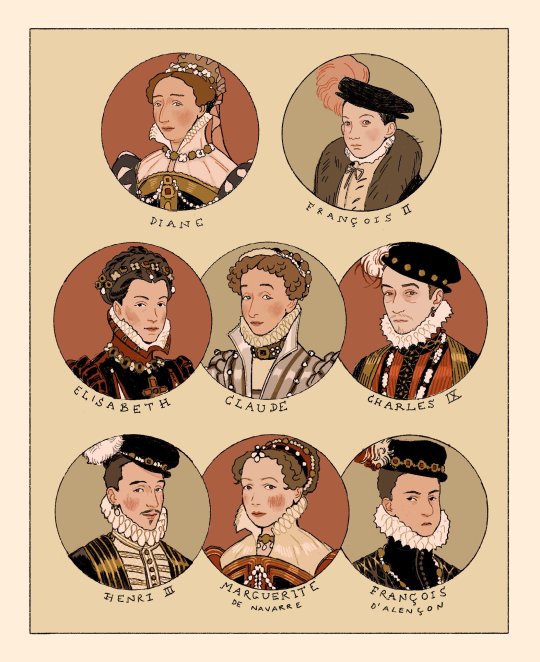
Last of their name
#house of valois#french history#charles ix#henri iii#françois d'alençon#marguerite de navarre#claude de france#elisabeth de france#diane de france#françois II#la reine margot
1K notes
·
View notes
Text
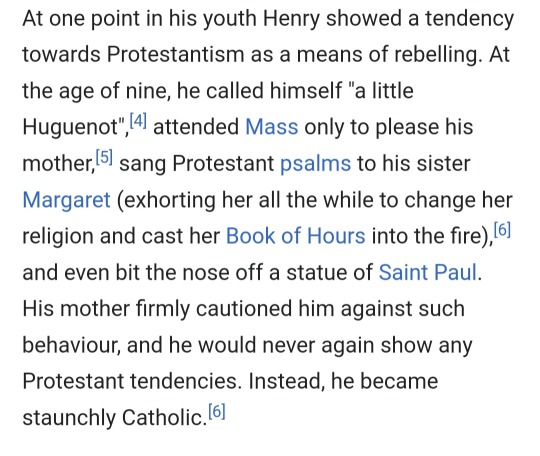
broke: having an edgy preteen Satanist phase
woke: having an edgy preteen Protestant phase
1 note
·
View note
Text
" L'éternel recommencement de nos guerres de religions..."
Un article qui démontre que l’Histoire est en fait une éternelle répétition…
Par Le Redoutable
Continue reading Untitled

View On WordPress
#guerres de religions#Henri II#Henri III#histoire#LE REDOUTABLE#Observatoire du MENSONGE#recommencement
0 notes
Text
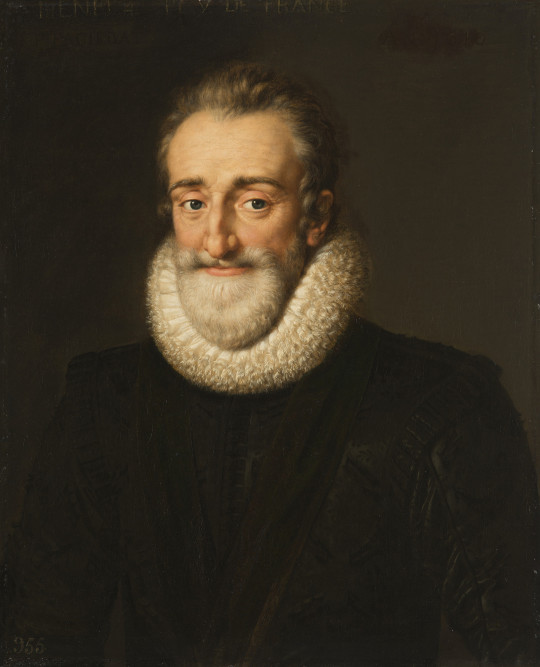
King Henry IV of France. By Frans Pourbus.
#frans pourbus#royaume de france#maison de bourbon#henri iii#roi de navarre#royaume de navarre#roi de france#vive le roi#vert galant#henri iv#kingdom of france#house of bourbon#roi de france et de navarre
19 notes
·
View notes
Text
“describe the raven cycle in one sentence”
ok:

#that’s fucking it#idk man#they’re so in love#all of em#in my pinterest era#the gangsey#ronan lynch#adam parrish#blue sargent#richard campbell gansey iii#henry cheng#noah czerny#trc#the raven cycle#pynch#the raven boys#blue lily lily blue#adam and ronan#gangsey#bluesey#mine
1K notes
·
View notes
Text
no it's cool it's just that richard gansey iii is a king and ronan lynch is his dreamer and adam parrish is his magician and blue sargent is his anchor and noah czerny is his lifeline and henry cheng is his prince among men and it distracted me for a little bit
#richard gansey iii#blue sargent#noah czerny#henry cheng#ronan lynch#adam parrish#gangsey#trc#ronsey#sarchengsey#bluesey#adansey
2K notes
·
View notes